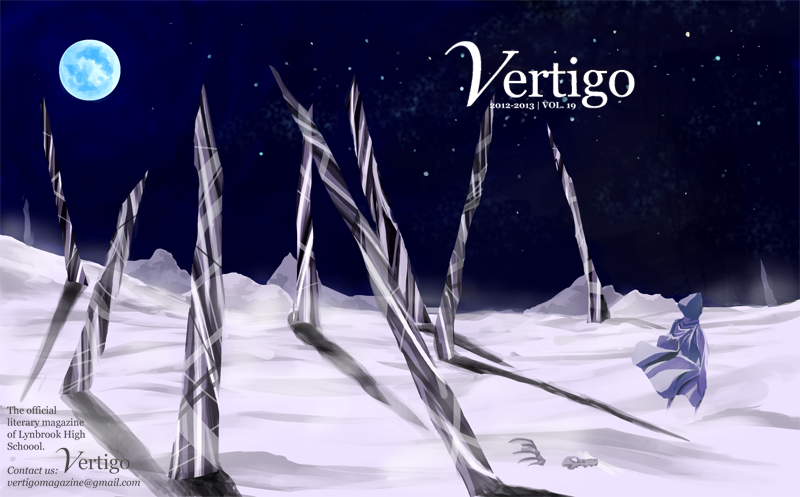In the late Renaissance and early Baroque periods, renowned composers searched for the motif, the basic fabric that is the main element of their piece; they sought for the preludial theme, the ricercari, that marks the birth of a new masterpiece. Out of the bleakness of a blank page arise the first few notes. Through the chaos of discarded lines, they untangle broken melodies to unravel the beginnings of a new creation.
Like these classical sojourners, we as writers often find ourselves struggling with an entanglement of dissonant sentences and paragraphs as we cling to a motif amidst the great realities: loss and convalescence. Escaping this cacophonous world is simple. Facing the internal convolutions of daunting ideas is not.
To write our own masterpieces, we must delve into the ricercari, the search of themes, to espy a source of rationale: the discovery of a soulmate in the bedlam of the city. The flowing duet of sea spray and greening clefs. The glimpse of a smile before the smokescreen facade.
This issue, we welcome you into the score of rediscovery, where each new word brings us closer to finding our place in the grand finale.
—the Editors, Summer 2012
Table of Contents
Poetry
Christina Zhu: city
Catherine Pugh: Firelight
Jessica Kim: for ever(y) day
Kimberly Tan: If Death Comes Knocking
Irene Hsu: Marie
Jane Jun: Overture
Emily Liu: the market
Jefferine Li: Tight-Rope Walker
Prose
Christine Wang: The Dawn
Claire Li: Water Vapor

